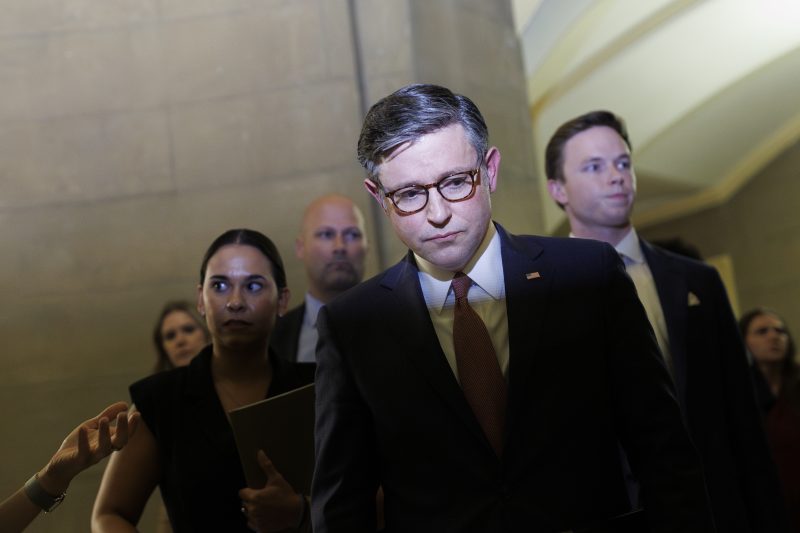In the aftermath of the 2020 United States Presidential Election, there has been a wave of uncertainties and concerns surrounding future elections, particularly the 2024 election. Speculations and debates have been fueled by a recent statement from Senator Ron Johnson, where he refused to acknowledge Joe Biden as the rightful winner of the 2020 election.
The refusal of Senator Johnson to affirm Joe Biden’s victory has raised eyebrows and sparked worries about the integrity of the electoral process in the upcoming 2024 election. With claims of widespread voter fraud and irregularities in the 2020 election still lingering, many fear that similar challenges may arise in future elections, casting doubt on the legitimacy of the outcome.
Senator Johnson’s stance has led to questions about the Republican Party’s commitment to upholding the results of fair and free elections. By declining to acknowledge Biden’s victory, Johnson is positioning himself against the overwhelming evidence and official declarations that have confirmed Biden as the legitimate winner of the 2020 election. This refusal to accept reality is seen as a dangerous precedent that could undermine the public’s confidence in the electoral process.
Moreover, Johnson’s actions have exacerbated existing political divisions and deepened the polarization within the country. By perpetuating baseless claims of election fraud and refusing to acknowledge the validity of Biden’s victory, he is contributing to the erosion of democratic norms and institutions. This trend is worrisome as it threatens the foundation of the American democracy and the peaceful transfer of power that has been a hallmark of the nation’s political system.
In light of these concerns, it is crucial for political leaders to prioritize the integrity and legitimacy of the electoral process. Upholding the results of elections, even when they do not align with one’s political preferences, is essential for the health of democracy. It is incumbent upon all elected officials to respect the rule of law, adhere to democratic principles, and work towards fostering a spirit of unity and trust among the electorate.
As the 2024 election looms on the horizon, the need for a bipartisan commitment to free and fair elections has never been greater. It is imperative for leaders across the political spectrum to demonstrate a shared dedication to upholding the democratic process and ensuring that the will of the people is respected. Only through a collective reaffirmation of these fundamental values can the nation move forward and safeguard the principles that underpin its democratic system.
